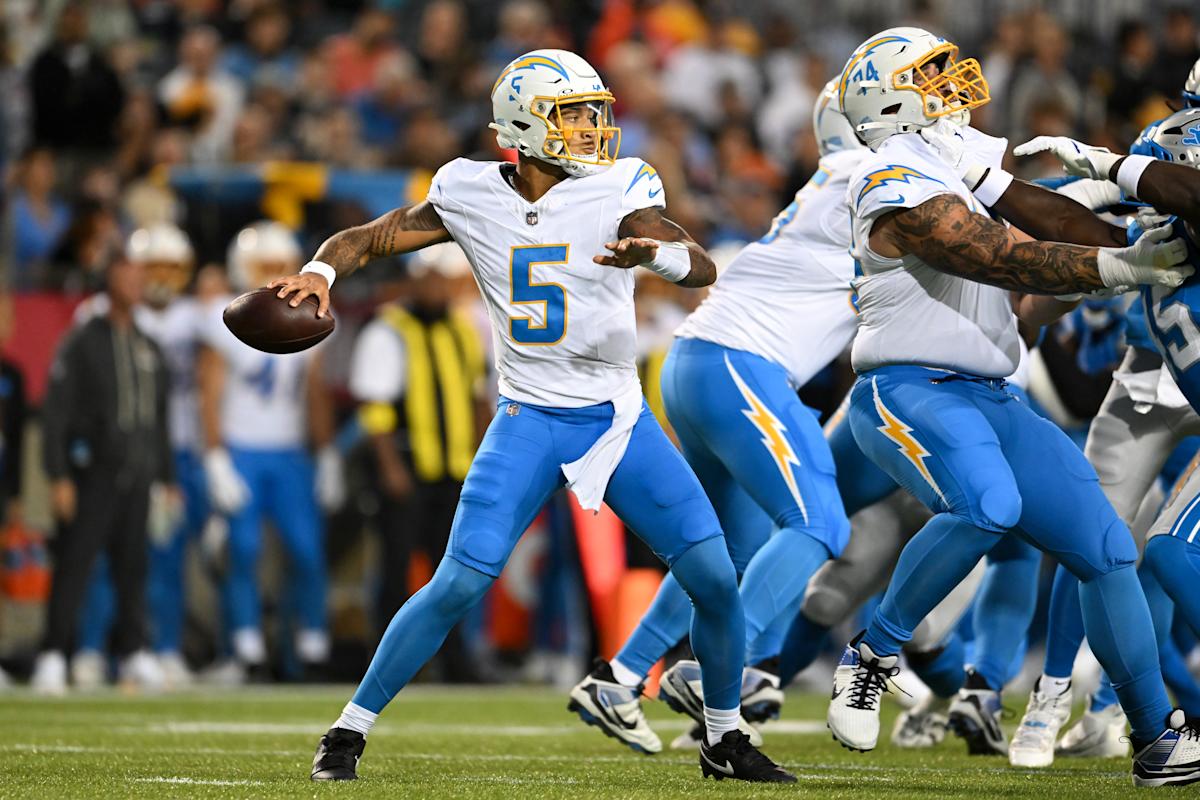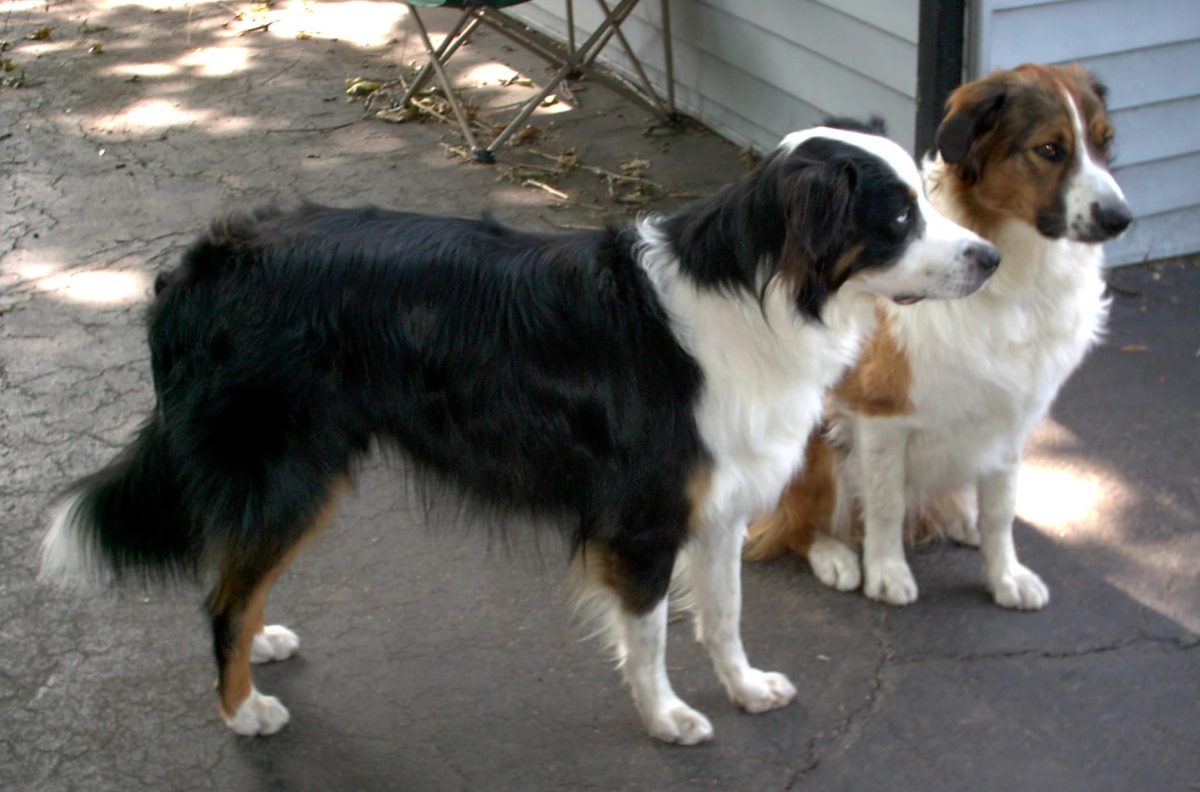A lot of people love dogs. That isn’t an opinion, that’s a fact. People go so absolutely stupid bonkers crazy over dogs—they put them in little outfits, they train them for weird little dog sports, they bring them places they really shouldn’t bring them—and at a certain point, I feel I have to ask why. Why are so many people so obsessed with dogs?
I’m not asking this question out of a sense of indignation or anger. Do not misunderstand me—I like dogs! They’re strange, but intriguing animals. I’m certainly not as enthusiastic about them as some, but I definitely don’t mind them. This question is merely something that has been crawling around in my brain for quite some time, seeking an answer.
The immediate, obvious answer is that dogs are a domesticated species. Over countless generations of selective breeding, humanity has molded them into our best friends. It’s only natural that the friendship goes both ways.
However, I feel this only raises more questions. Why are the numerous and sundry forms of this particular mammalian quadruped the way they are, if we had such a hand in their design? Why did humans decide this was the animal to domesticate? Because we found them useful? Because we found them cute? Some mixture of the two seems likely—early humanity likely could not afford to care outside of their species without reason.
Yet this, in turn, circles back to our initial question. Why do we find dogs cute enough to obsess over?
Our brains are hardwired to first and foremost find human babies cute. This likely evolved so that people would feel invested in keeping their otherwise pretty useless children alive. Us finding other things cute is largely a spillover from that. If something shares some of the key traits of baby-ness (big eyes, big head, softness), then we’re likely to find it cute. Many domesticated animals such as cats and dogs retain these traits well into adulthood, and studies suggest that this is a byproduct of domestication.
Essentially, we find dogs so cute because we made them cute. Which I personally find a bit disturbing, but a lot of things about dog breeding are disturbing. Pugs as a breed are particularly perturbing, as the way they’ve been bred means that most of them cannot breathe properly and some even die. But I digress.
Now, it would appear that we’ve answered our main query. However, I don’t think cuteness alone is enough to justify the sheer social phenomenon that dogs are. I think there’s something else going on here.
I’m sure many of you are familiar with the archetypical yappy little dog, a ridiculously tiny creature with an absurd capacity for violence. It’s a comical image, yet fundamentally tragic. Dogs are only moved to such behaviors when they feel they have no other choice. If the early warning signs are ignored—as they so easily are with small animals—then the dog feels as if it has no choice. If the only way someone will listen to them is when they bite, then the only thing they can do is bite.
The fact that this type of ordeal is such a common occurrence leads me to my theory: there is a tenant of cuteness beyond appearance that dogs far exceed human children in. It is as follows: people will find something cute if they are able to easily misinterpret it.
By this, I mean that the subject’s own sense of self, opinions, needs, and/or emotions are not clearly presented, or presented in such a way that the average person doesn’t understand what is being communicated and therefore can project what they believe the subject’s sense of self, etc, are. What the subject is can be misinterpreted into what the observer wants them to be.
This can be applied to a number of things—largely pets and babies. But the reason dogs exceed human children in this category is because unlike children, dogs do not grow up. They never develop a clear sense of self on par with that of humans, nor do they find the tools to refute the assumptions pushed upon them. In the eyes of humans, a dog’s self is, in no small part, forever up to our interpretation.
While this can be present in many different forms, the previous example of a small dog’s boundaries being ignored to the point where it resorts to violence, is rather extreme. Overall, this is a largely harmless behavior when applied to dogs. I think it’s perfectly fine to imagine your dog has a silly voice, or has a familial feud with the neighbor’s dog, or has an internal monologue that sounds like Batman. It isn’t hurting anyone.
In fact, I believe it’s no small part of their appeal.










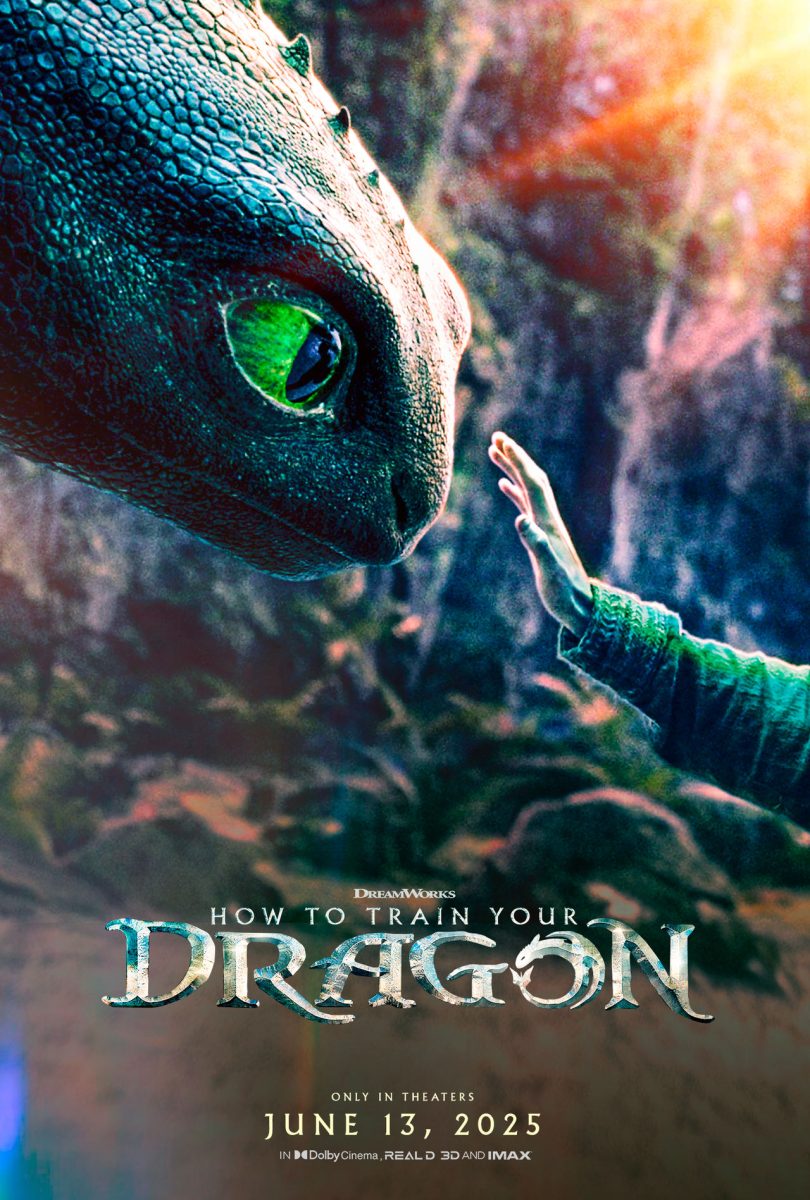














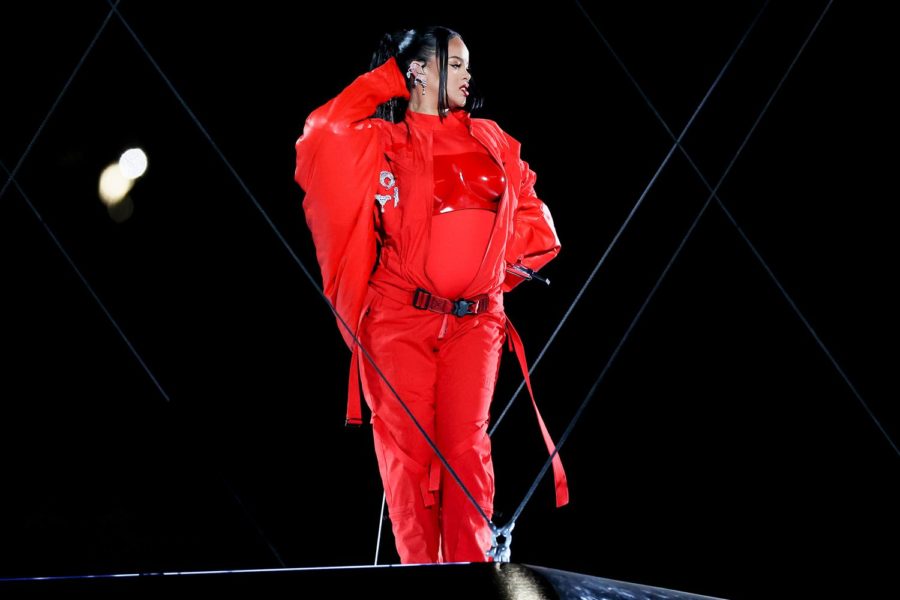















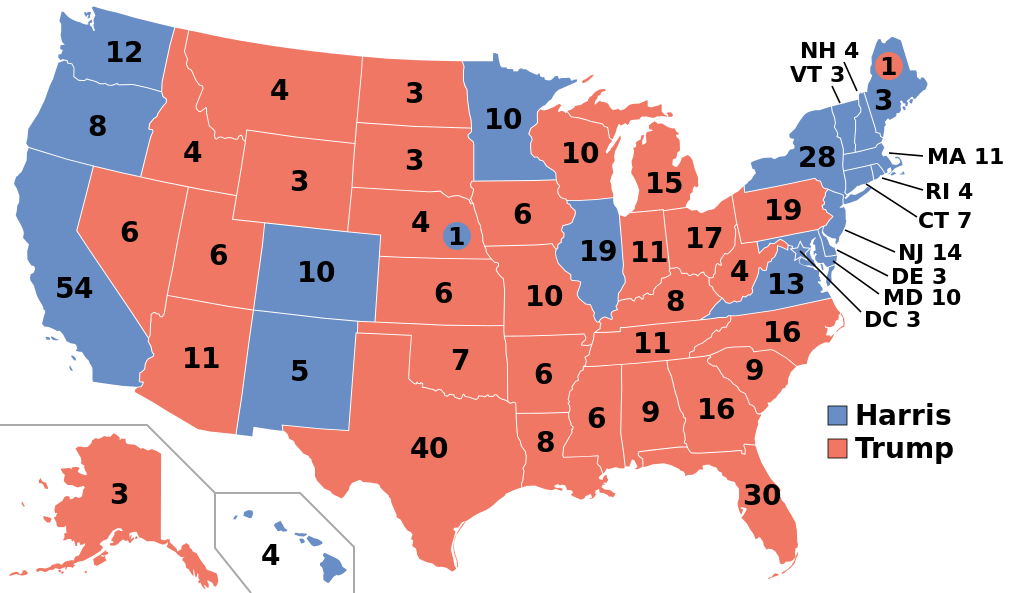







![Image credit to [puamelia]](https://memorialswordandshield.com/wp-content/uploads/2025/08/3435027358_ef87531f0b_o-1200x803.jpg)

